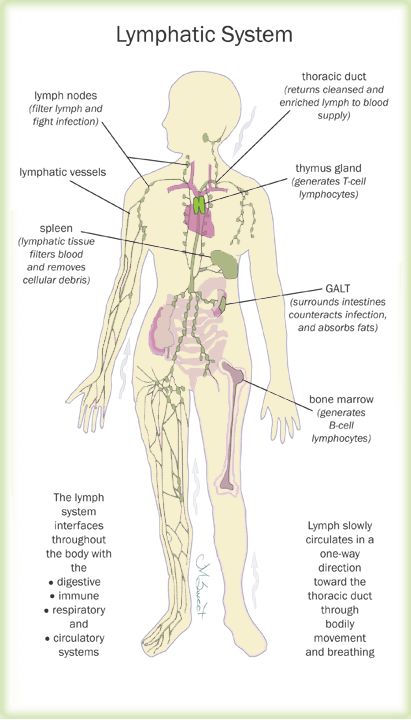September is "Awareness of Alzheimer's Month"
The figures are frightening;
According to Alzheimer's Society, there are currently an estimated 982,000 people in the UK living with dementia, and this number is expected to increase to 1.4 million by 2040. This is due to population growth and an aging population.
Here are some other facts about dementia in the UK:
- Over 70,000 people in the UK have young onset dementia, which means symptoms developed before the age of 65.
- Around 60% of people who receive homecare support have dementia.
- The risk of Alzheimer's disease increases with age, affecting 1 in 14 people over the age of 65 and 1 in every 6 people over the age of 80.
What is Alzheimer’s disease?
Alzheimer’s disease is the most common cause of dementia, affecting around six in every 10 people with dementia in the UK. Some people can have more than one type of dementia, for example, they might have Alzheimer’s as well as vascular dementia or dementia with Lewy bodies. This is often called ‘mixed dementia’.
As we age our brains naturally shrink a little and our thought processes slow down. However, in Alzheimer’s disease, changes that occur in the brain are different to the changes seen in normal ageing. These changes include the build-up of two proteins, called amyloid and tau. Although researchers don’t yet have a complete understanding of what triggers this, both proteins are involved in the development of Alzheimer’s. As the disease progresses, the protein build-up damages more and more brain cells. This damage affects how our brains work and leads to the symptoms of Alzheimer’s
Symptoms and Lifestyle Choices
 Early symptoms of Alzheimer’s may include:
Early symptoms of Alzheimer’s may include:
- Repeating things.
- Remembering faces, places, directions.
- Misplacing items or putting them in unusual places.
- Not communication clearly and forgetting what they are saying.
- Becoming anxious, irritable, mood swings.
- Losing self confidence and isolating themselves more.
- Sleep patterns may change.
- Carrying out everyday task like using the remote may become more difficult.
- Balance may be compromised.
- Swallowing may become more challenging.
- Help with washing, dressing going to the toilet may be required.
Lifestyle
Your lifestyle can have a big impact on keeping your brain healthy and potentially lower your risk of Alzheimer’s.
1 Eat Healthily
Sometimes those are not foods that we expect to be healthy. I would always recommend eating foods that are as local as possible and preferably organic. I am currently reading a book by Dr David Perlmutter called “Grain Brain”. This is a fascinating read and will open your eyes to the way you view food. Also drink plenty of water.
2 Exercise Regularly
Taking part in an exercise we enjoy makes us feel better, it gets the body moving and helps reduce high blood sugar and high blood pressure. Keeping a healthy weight.
3 Reduce Stress
If you are feeling stressed on a regular basis, it is worth seeking therapy as stress can cause inflammation in the brain. Mindfulness, meditation, exercise, setting self-care time can all help alleviate stress.
4 Be Social
There are times when many of us need to be on our own to recharge our batteries and there is absolutely nothing wrong with this. If, however, it become the normal then it may lead to social anxiety or the inability to communicate. With the volume of different ways, we have of communication nowadays picking up a phone tends to be more of a luxury. Talking helps us to communicate and remember things. Cognitive impairment through lack of talking is linked to cognitive decline which is related to dementia and Alzheimer’s.
5 Stay mentally active
Do crossword puzzles, learn, read, do things which challenge the brain. It needs to be exercised too.
6 Sleep Well
Sleep is when the body and mind repair itself. Adopt a healthy bedtime routine and ensure you get adequate sleep.
7 Quit smoking, avoid excess alcohol and recreational drugs
The above three things are precursors for many physical ailments not just dementia.














